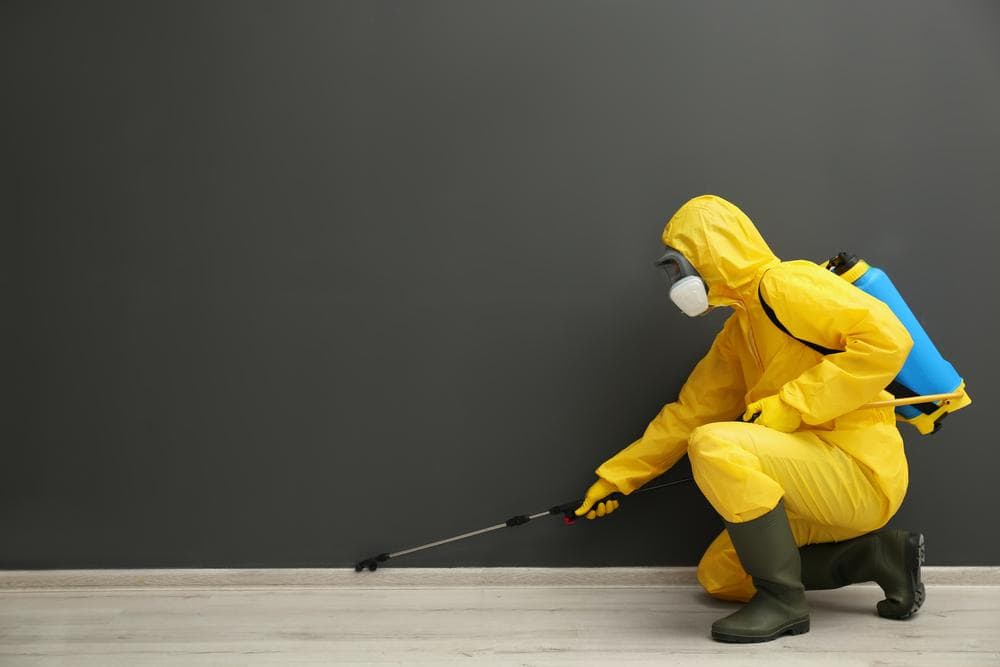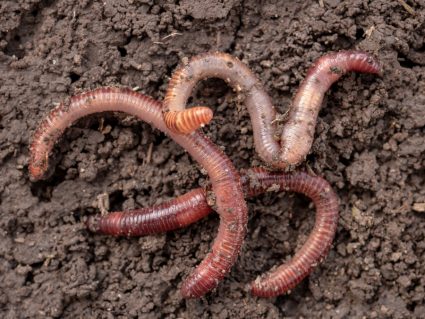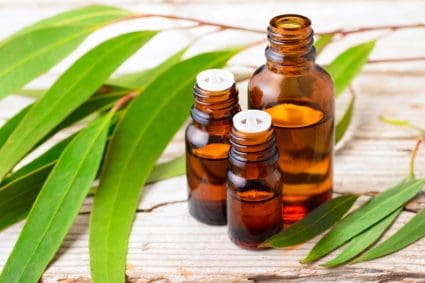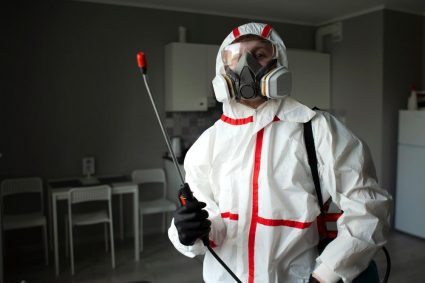
Neem oil, a natural pesticide extracted from the seeds of the neem tree (Azadirachta indica), has been recognized for its potent larvicidal properties. But how does it work, and how effective is it compared to other larvicides? Let’s delve into the details.
Yes, neem oil does kill larvae. The active component in neem oil, azadirachtin, interferes with the life cycle of larvae, disrupting their growth and development. It acts as a repellent, reduces insect feeding, and makes it harder for insects to grow and lay eggs. Therefore, neem oil can be effectively used as a larvicidal agent to control and kill off many pest species.
What is Neem Oil?
Neem oil is a naturally occurring pesticide derived from the fruits and seeds of the neem tree, a tropical evergreen native to India. The oil has a distinct yellow to brown color, a bitter taste, and a garlic-like smell. It contains a mixture of components, with azadirachtin being the most active and responsible for its repelling and killing pests. Other components include nimbin, nimbidin, nimbolides, meliantriol, salannin, and fatty acids such as oleic, stearic, and palmitic acids.
How Does Neem Oil Affect Larvae?
Neem oil interferes with the life cycle of larvae, disrupting their growth and development. Azadirachtin, the most active component in neem oil, reduces insect feeding, acts as a repellent, and interferes with insect hormone systems, making it harder for insects to grow and lay eggs. It can cause mortality, inhibit growth, and disrupt the molting process, which is crucial for the growth and development of larvae. As a result, neem oil can be used as a larvicidal agent to control and kill off many pest species.
Efficiency Against Different Types of Larvae
While neem oil is effective against various types of larvae, some are more susceptible than others. Larvae of most lepidopterous pests, such as armyworms, fruit borers, and corn borers, are highly sensitive to neem products. Neem oil is also effective against thrips larvae, aphids, leafhoppers, whiteflies, scale insects, and other homopterous pests.
Application of Neem Oil
For effective use, neem oil should be applied during the morning or evening hours to avoid direct sunlight, which can cause the oil to burn the plants. It should be diluted with water according to the product’s instructions and sprayed on the affected plants, ensuring that all surfaces, including the undersides of leaves, are covered. The neem oil solution should be reapplied as needed, following the product’s guidelines.
Neem Oil Compared to Other Larvicides
Compared to other larvicides, neem oil is a natural, biodegradable product that has no unreasonable adverse effects on the environment or human health. Its eco-friendly nature, wide availability, and cost-effectiveness make it a preferable option. However, it may require higher concentrations to achieve similar efficacy as some other essential oils.
Potential Side Effects and Risks
Neem oil can have potential side effects or risks to other organisms. It is slightly toxic to fish and other aquatic organisms. Neem oil can also harm beneficial insects, as it kills insects by suffocation. Although neem oil is considered to be of low toxicity to humans and shows very low toxicity to beneficial organisms, it can still have harmful effects on non-target species when not used properly.
In conclusion, neem oil is an effective larvicide that interferes with the growth and development of larvae. While it may require higher concentrations compared to other essential oils, its eco-friendly nature, wide availability, and cost-effectiveness make it a viable option for controlling pests. However, like any other pesticide, it should be used responsibly to minimize its impact on non-target organisms.
Frequently Asked Questions
How long does it take for Neem Oil to kill larvae?
The length of time it takes for Neem Oil to kill larvae can vary depending on the concentration of the oil, the type of larvae, and other environmental factors. However, typically, you may start seeing effects within 24-48 hours after application.
Can Neem Oil be used on all types of plants?
Yes, Neem Oil can be used on a wide variety of plants. However, it’s always a good idea to test a small area first to ensure the plant doesn’t have an adverse reaction. Avoid using on plants that are stressed due to drought or over watering.
How often should I apply Neem Oil for pest control?
The frequency of application can depend on the severity of the infestation. In general, for prevention, Neem Oil can be applied every 7-14 days. If the infestation is severe, applications may be needed every 5-7 days.
Can Neem Oil be used indoors?
Yes, Neem Oil can be used indoors. However, due to its strong smell, some people prefer to use it outside. Always ensure good ventilation when using it indoors.
Is Neem Oil safe for pets?
While Neem Oil is generally safe for pets, it should still be used with caution. Avoid spraying it near food or water dishes, and keep pets away from treated areas until the Neem Oil has dried. If your pet has been in contact with Neem Oil and shows signs of distress, contact a veterinarian.











